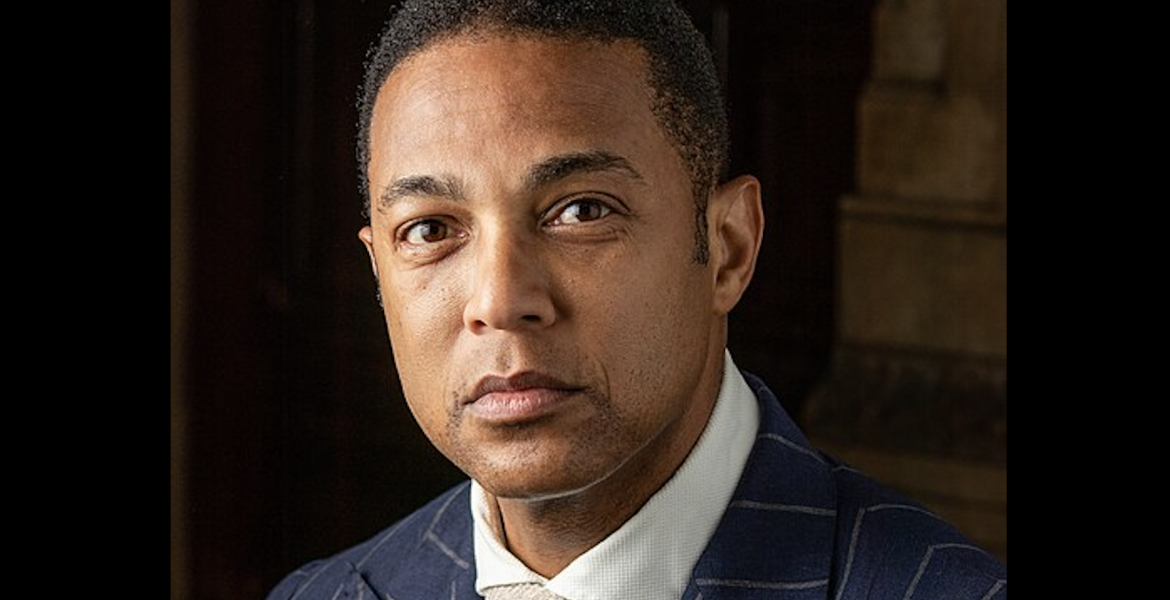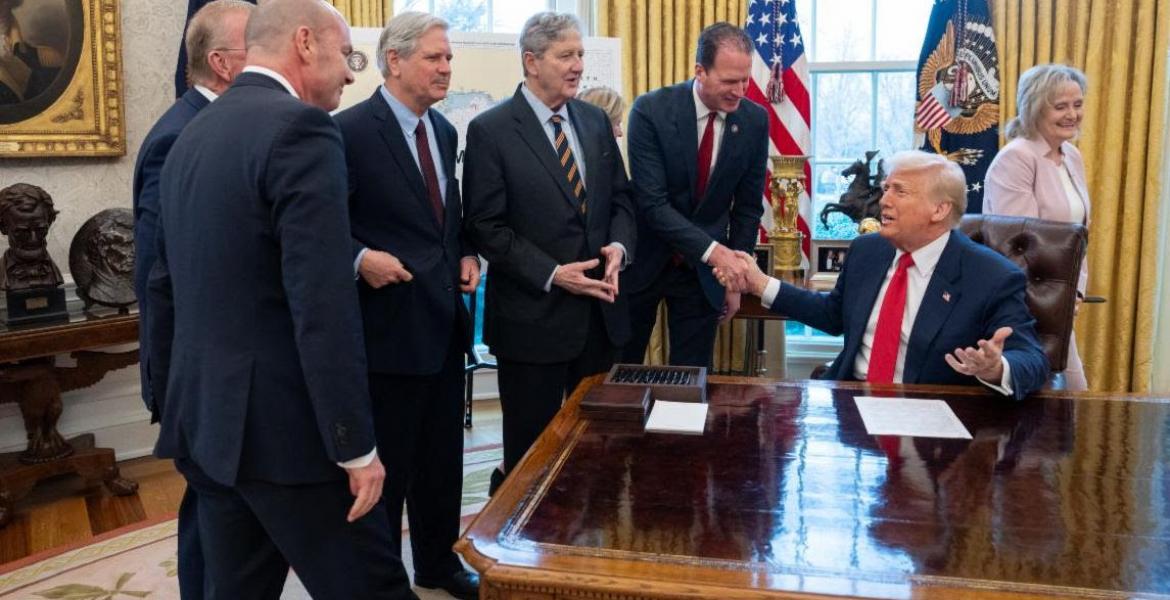OPINION — The two candidates for chief of police in the June 15, 2024, runoff have different views about the transparency of police department. Transparency in local government was highlighted when, in our early days, we went after the city’s handling of the $250 million trash contract. It was the first time in history that the City of San Angelo openly attacked a news media organization for questioning the city’s transparency.
Back in 2006, the Good Ol' Boys at the time devised a scheme to move a paid employee from the Standard-Times newspaper staff to the taxpayer payroll. The city created the office of public information, and the first person to fill that role was a managing editor and editorial writer for the local newspaper named Ty Meighan. At around the same time, the city hired a backup from the local paper, Anthony Wilson, who bided his time as the manager of civic events until August 2012, when Meighan left to serve as the public affairs guy for the State Bar of Texas. This is when Wilson took over.
The scheme off-loaded a payroll expense at the paper, which by 2008 saw significant decreases in its revenues accelerated during the financial crisis. Other local newspaper C-levels also moved into public affairs roles in government at around the same time, including Becky Brackin, who stepped down as the paper’s publisher to run the Angelo State University public affairs operation.
By 2013, when we launched San Angelo LIVE!, Anthony Wilson was beside himself. His ability to control the narrative via his alma mater, the San Angelo Standard-Times, was threatened because he suspected he could not control us. He was right. We had a smart staff with axes to grind and points to prove, particularly against the liberal establishment and the Standard-Times. His first salvo was to attempt to set a precedent to deny “rogue” publications access to city information. He went after Kat Rowoldt, who ran a blog that attempted to expose city corruption… or something like that. But we believed his ultimate target was us. Wilson failed to convince the city council to go along with his scheme, thankfully.
Wilson is an excellent writer, and I admired and learned from him. His press releases about daily city affairs were well-written and never had an error. He had 27 years in local news writing and editing; it showed.
At the same time, we were searching for a way to dethrone the corporate media as it was necessary for this company’s long-term survival. We found that the local paper rarely published original content unless it was handed to it via press release, and Wilson’s content was prominent.
Knowing Google search tactics, we understood that the first website to contain the content was considered by Google as the content’s “originator,” and with originating content, your web addresses could be elevated by Google’s algorithm. We devised an attack plan to publish the Wilson press releases faster than the slow corporate newspaper could react, and we gained significant traffic via Google search.
At one point, I called Wilson and expressed that it was crazy for us to rewrite his press releases as we could add no further information or improve his dispatches. Quoting his press releases was a wasted effort. I offered Wilson a byline. He refused and instead said his purpose was to get the information out there and copying them without a byline was fine with him. We energized our tactic for Google with more speed and gained much ground against competitors.
In the early years, before jail logs were published on the sheriff’s website, the county emailed overnight jail arrest records that arrived at around 7 a.m. One of our writers would get on the phone with one of the part-time police public affairs officers at the traffic division and ask about specific incidents. At the time, the police sent out a press release once every other year. Our jail booking reports became very popular, and our competitors attempted to copy us.
Assistant Police Chief Robert Martinez wasn’t happy about our emergence on the local media scene. He urged Chief Tim Vasquez to “shut them down.” Sgt. Korby Kennedy, who ran the traffic division from where public affairs was managed at the time, had a different idea. If we could provide news coverage of the ongoing “Meet & Confer” meetings, he told Vasquez, the police should open up the department with more transparency. Kennedy was the head of the police union that at the time was attempting to wrestle significant pay raises out of Assistant City Manager Michael Dane in negotiations. Meet & Confer was very, very boring content, but Chelsea Schmid, our editor-in-chief at the time, created narratives about the meetings that were fun, exciting, and engaging.
At the same time, rank-and-file police officers were angry and disappointed with the news coverage provided by the Standard-Times. The reporters there began their narratives from a viewpoint that police were always in the wrong. At the time we started, the police department was still reeling from the incident where a person of color was tased, catching the subject on fire. The Standard-Times had a field day blaming the police for brutality.
A plainclothes police officer showed up at our offices one day and asked if he could provide us some training on how to access criminal records. He helped us immensely by showing us online tools and informed us about techniques on how to listen to the scanner for reportable incidents. Chelsea leveraged his generosity, and this was instrumental in her writing long-form profiles about notable accomplishments by police officers monthly. We never mentioned the mysterious plainclothes officer by name. To us, his call sign was “Long Neck,” a play on the Watergate nickname “Deep Throat.”
In the wake of successful salary negotiations due to the positive coverage of the police department we provided, Vasquez created a more formal public affairs office and eventually appointed Mike Hernandez as the public affairs officer. Hernandez was not Long Neck. The first time I ever heard of him was when Chelsea wrote a piece about him graduating from the FBI Academy.
I recall that as the PIO, Hernandez was efficient, had a no-nonsense demeanor, and was always accessible. His tenure didn’t last long, however. Within months of his appointment, he was reassigned to command the night shift, and I was told his desk was moved to the basement of the police department building. He and Vasquez had differed about Vasquez’s moral conduct, I found out later, and Vasquez considered him a threat for his re-election in 2016. The only time we saw Hernandez after that was on a dark street when responding to a report of a crime committed at 3 a.m.
Hernandez ran against Vasquez in 2016 in a four-way race. Current Police Chief Frank Carter edged out Hernandez in the contest to challenge Vasquez one-on-one, resulting in a runoff in July 2016 where Carter defeated Vasquez in a landslide.
In the wake of Hernandez’s disappearance, Tracy Gonzalez (now Piatt-Fox), who has since quit the police department before earning her retirement and now portrays herself as the epitome of all things moral and just about the local police, became one of the PR officers. She shilled for Vasquez until his bitter end. She apparently did not notice the same issues Hernandez attempted to address with her boss 10 years ago.
In the end, local news is not about the media companies but about informing the public. We found that when citizens witness five police cars at the end of their street, most want to know what is going on. When the news media is healthy, and the police department is truthfully informative, it generates trust. Trust in police departments is imperative for free societies since police are empowered by the people to take away anyone’s freedom and accuse anyone of any crime.
In the next dispatch, we expose what happens when public affairs go wrong.
The year 2016 was absolutely the worst police chief election. I was still trying to figure out how to position our fledgling online paper in the political realm. The lesson ended in the only annual loss San Angelo LIVE! as a company has ever suffered. By the time the Brad Goodwin vs. Carmen Dusek 391st District Judge race, Vasquez vs. Carter police chief race, and Trump concluded, I was left pulling $55,000 out of my own buttocks to cover my company’s loss. I’d rather be pinched by a police chief candidate instead. That was the year I was told by my sales guy that San Angelo political power broker and banker Mike Boyd “would never, ever support me” because I refused to endorse his judge candidate Goodwin. Multiple advertisers pulled over the Vasquez vs. Carter race. Carter had a ton of support but not from me. A large ad buy by Vasquez at the end of his unsuccessful runoff with Carter was never paid. I ate it. My conclusion was that police chief races are bad for business. I also learned that as a company, we would never, ever endorse a political candidate. Folks just don’t want to be told for whom to vote. By the way, that year my competitor, the San Angelo Standard-Times, endorsed Vasquez over Carter. No one complained, either.
About this piece:
In the wild and wacky world of police chief elections, where candidates are more hostile than a porcupine in a balloon factory, the San Angelo LIVE! Publisher Joe Hyde has taken it upon himself to pen a multi-piece exposé. This thrilling saga dives into the history of San Angelo police chief elections since the 2000s, aiming to not only entertain you but also explain why these elections are as tricky as herding cats. Reporting on them? Well, that’s a whole other rodeo, where friendships end faster than a celebrity marriage. Next, brace yourself to learn about information warfare with chemical munitions and all about the Good 'Ol Boys who want to decide this election.
- Police Chief Chronicles I: Pinched in the Buttocks
- Police Chief Chronicles II: The Smartest Guy Doesn't Always Win the Election
- Police Chief Chronicles III: How Hernandez Loses
- Police Chief Chronicles IV: Meet the Good 'Ol Boys
- Police Chief Chronicles V: Shilling for the Government
- Police Chief Chronicles VI: Chemical Munitions
- Police Chief Chronicles VII: Timmy 2.0
- Police Chief Chronicles VIII: Stolen Valor
Subscribe to the LIVE! Daily
Required






Post a comment to this article here: